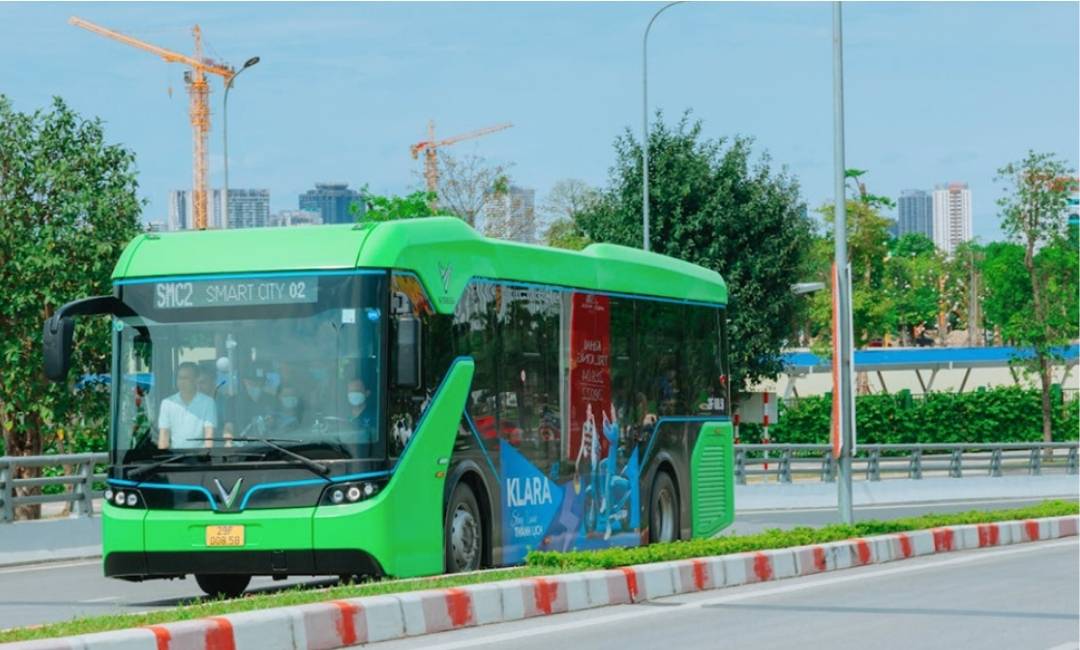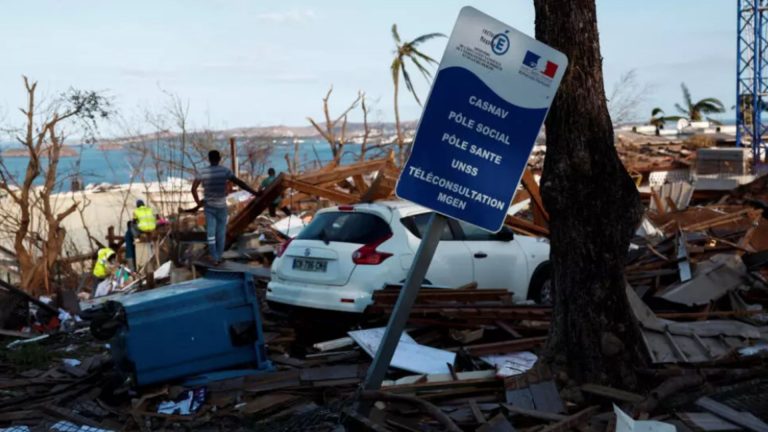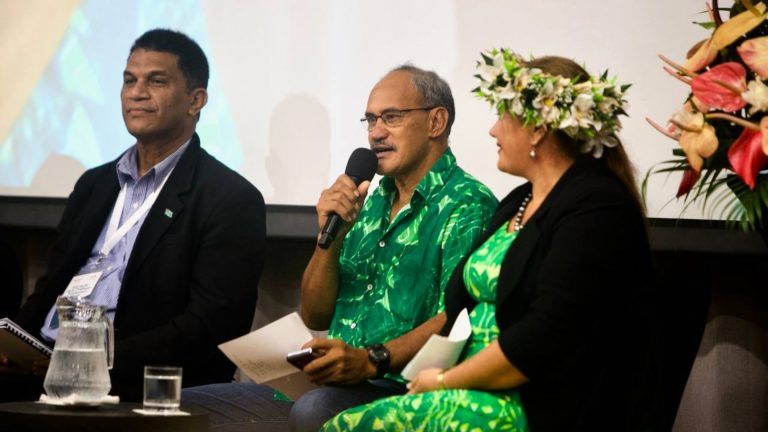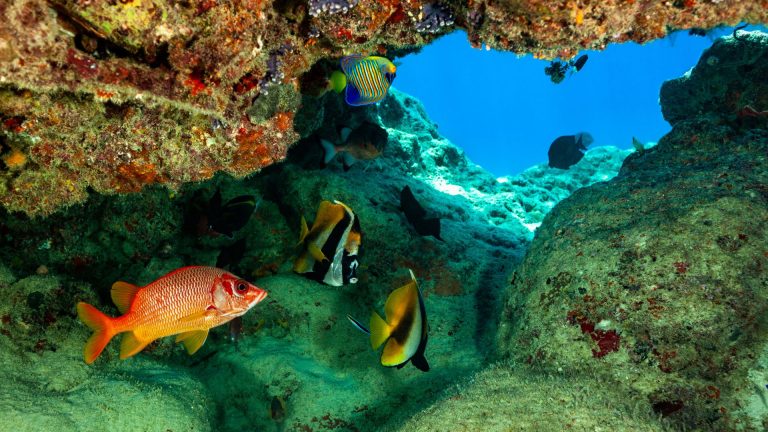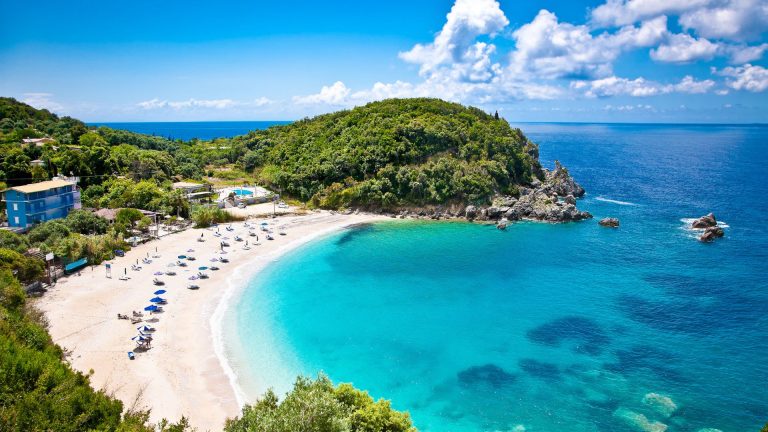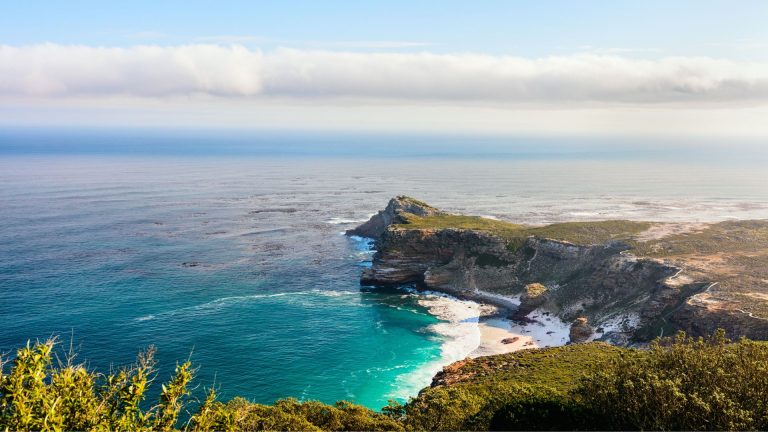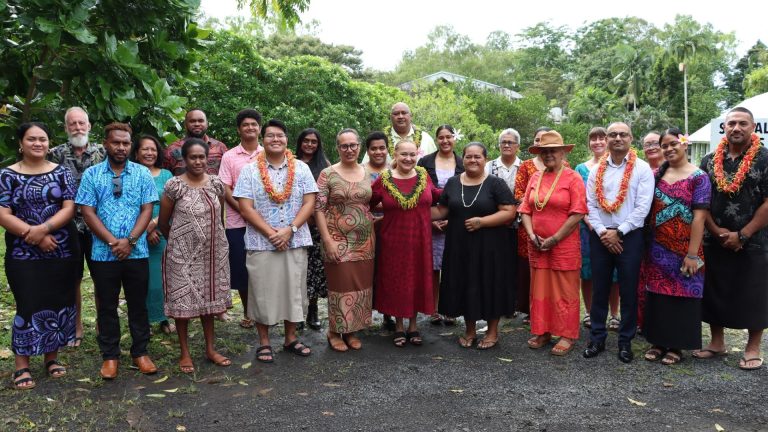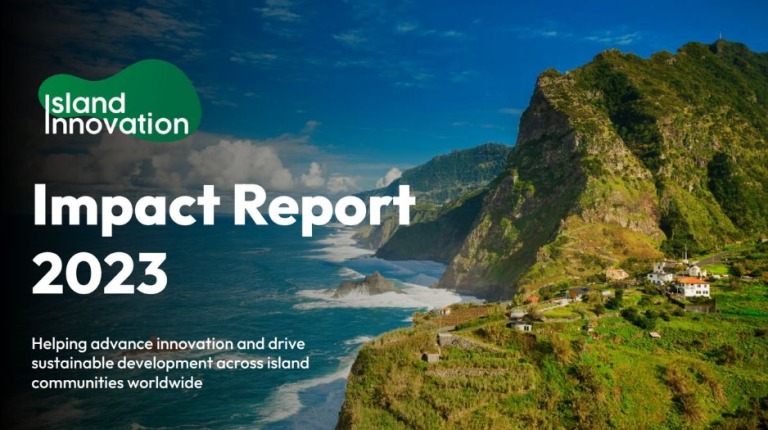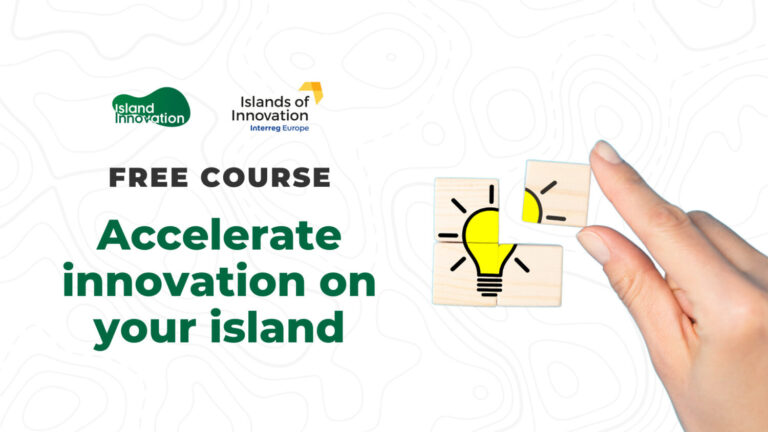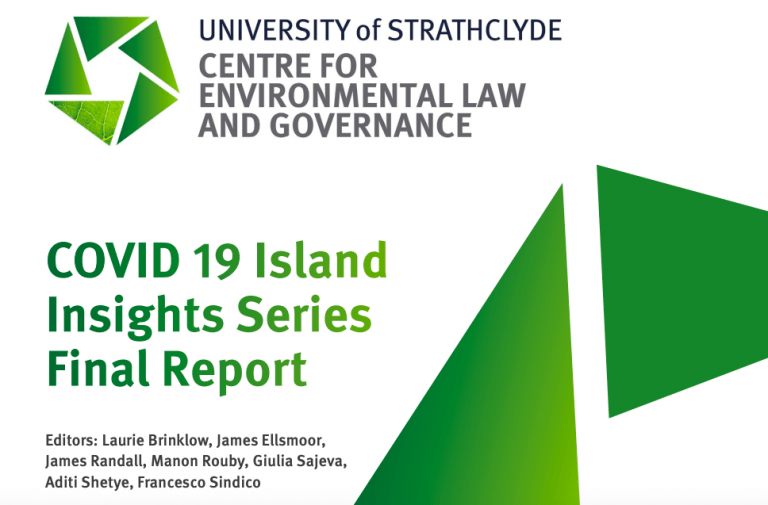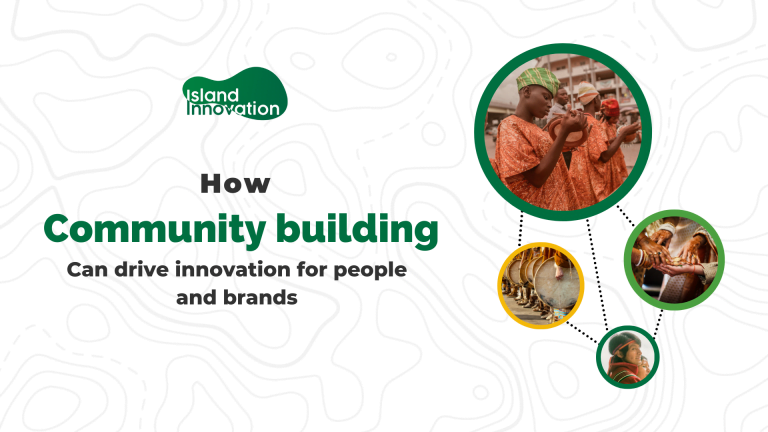Excerpt from islandinnovation.co
In the journey towards decarbonisation, small island nations face unique challenges, but also hold distinctive advantages when it comes to deploying zero-emission trucks and buses – this was the focus of the session on zero-emission vehicles (ZEVs) at the 2024 Virtual Island Summit.
The expert panel featured Pamela Mercedes Abreu Toribio, Mitigation Analyst at the National Council for Climate Change in the Dominican Republic, Josh Simons, Assistant Director of Maintenance and Engineering Services, Bermuda Government’s Department of Public Transportation, and Sebastián Galarza, Executive Director, Sustainable Mobility Center.
Moderated by CALSTART’s Ricardo García Coyne, the session discussed the economic, logistical, and environmental aspects of transitioning to electric trucks and buses in island contexts, with a special emphasis on Latin American and Caribbean nations.
An Ideal Testing Ground
Island nations are highly dependent on imported diesel, which drives up fuel costs, reduces energy security, and contributes to pollution and greenhouse gas emissions. Despite making up a small percentage of vehicles on the road, diesel trucks and buses account for more than a third of fuel consumption and nearly 70% of nitrogen oxide emissions globally. In island environments, this problem is compounded by geographic isolation and limited access to fuel markets.

